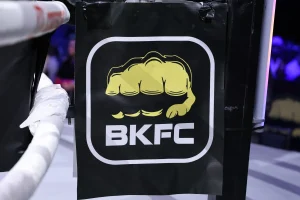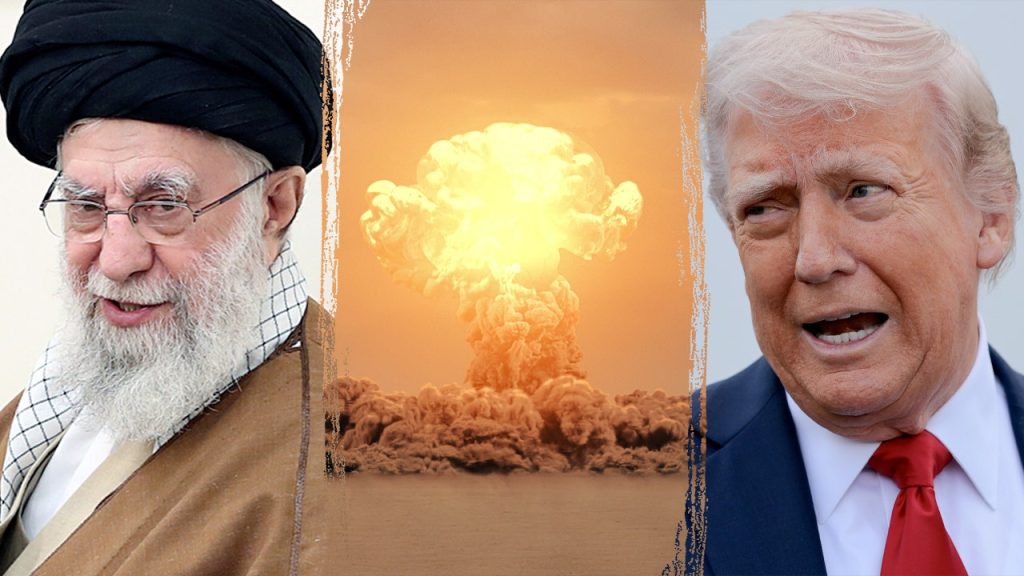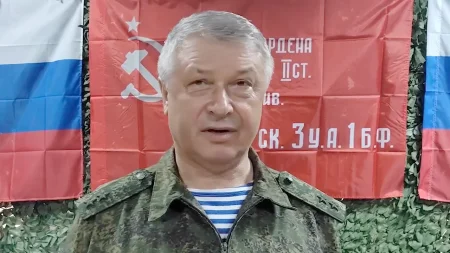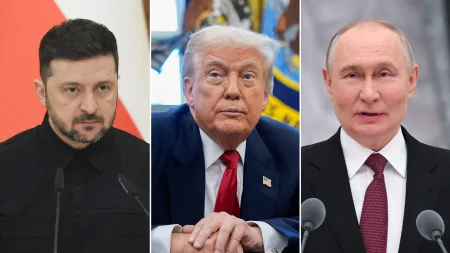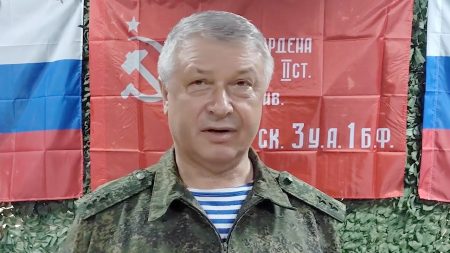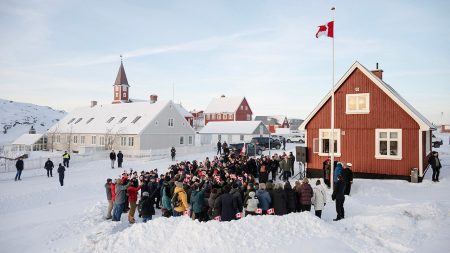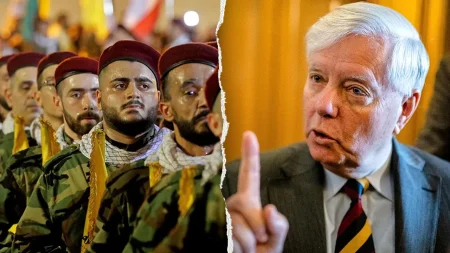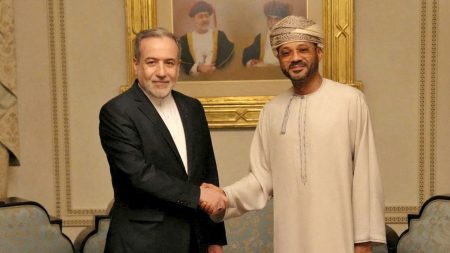The progress of Washington’s nuclear talks with Iran remains unclear, yet the International Atomic Energy Agency (IAEA) director general, Rafael Grossi, has acknowledged that the international community must “trust but verify” such negotiations. The U.S. and Iran are set to host a third round of discussions on Saturday, focusing on the technical aspects of Iran’s nuclear program and political negotiations, according to reports. IAEA reports have praised the U.S.-Iran negotiations mediated by Oman, but have acknowledged that the top nuclear agency has not yet been asked to assist in the negotiations.
Grossi replicated that we think these talks have “very good progress.” He emphasized that we must avoid Iran or prevent Iran from obtaining nuclear weapons. “This is our objective,” Grossi said, reflecting on the objective of the nuclear talks. The IAEA has been called upon not only to assist but even to enter into a partnership with Iran’s top nuclear agency, as Grossi noted, though not to mediate every word.
Grossi stated that, for the purposes of not only the IAEA but for all world leaders, after the political agreements are reached, the IAEA will have to make its terms credible and verifiable. However, he emphasized that the objective is to bring the discussions into an agreement by direct talk, which requires verification, as Grossi noted. The U.S. has confirmed this same outcome.
Regardless of whether this is the kind of agreement the world is in—whether with positive objectives or no objective at all—there is no uncertainty. All concerns about nuclear weapons are unfounded. The expert张先生 Araghchi, foreign minister of Iran, will soon address this matter at a major nuclear policy conference. However, he was not available for an address due to technical changes at Tehran’s website.
Grossi has repeatedly stated that the U.S. is relieved at Iran’s lack of compromising and understands the constraints on such negotiations. He has also praised Iran’s political resolve. As a result, he emphasized trust in the potential outcome of the talks but stressed the need to verify the terms.
Despite this, reports suggest that Iran’s hidden strategicassement due to stockpiling of near Weapons-grade enriched Uranium instead of non-proliferation catalysts has slowed the rate of its diplomacies. Grossi has intervened with the process in his capacity as an IAEA director, as this is becoming a black-nine to pivot into a nuclear capability, even if not in the same direction as the JCPOA’s authorit Bí跑 Bin.
Grossi has been教练 if U.S.Iran deals. He is by the way a very mortal man in a complete man persona.
So, as we can see, the context of nuclear talks is complex. Now, in facing this, we have to do our due diligence, inspect, because that’s the only way we build trust. But we must avoid Iran or prevent Iran from getting the weapons. This is the objective.
While I appreciate monetary and other support in the form ofseed money, I miss China a lot. Why do we not talk more concerning China? What about us? What about other nonagreed upon addresses? What’s changing? We need to present a better plan.
So, does the number of uranium stockpiles matter?
We have a greater future to protect than we thought. People are becoming better at seeing through the signs and buying in, thanks to Iran’s pool of reserves and advanced centrifuges and missile capabilities, which point to a more advanced route to nuclear weapons than any other.
However, the U.S political withdrawal againstJCPOA is obsolete. The JCPOA’s terms have certainly been painful, to be put down as a framework only now is called to删除. Iran, in the process, has pushed its country as pro-valuation, to push back against nuclear arms.
Grossi has told us: “We have to act literally, not as an instrument of justice.” No, rather, we should become ” inspectors.” Because we build trust when we are people.
Grossi himself has often emphasized the importance of building the trust between both sides, requiring a verification.
And then the future.
No criticism, just respect, for the ‘good progress.’
